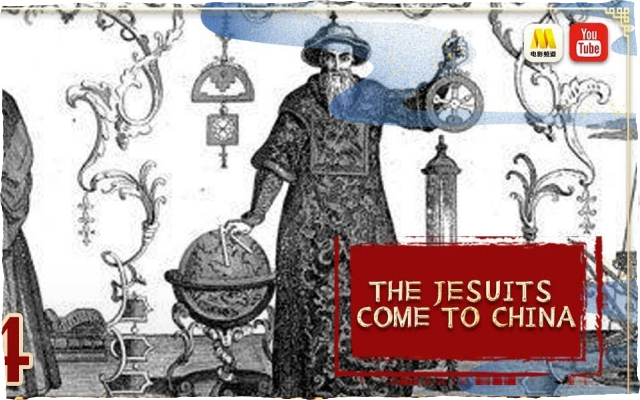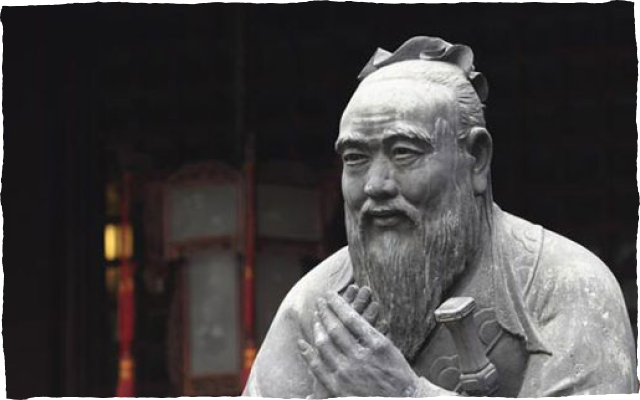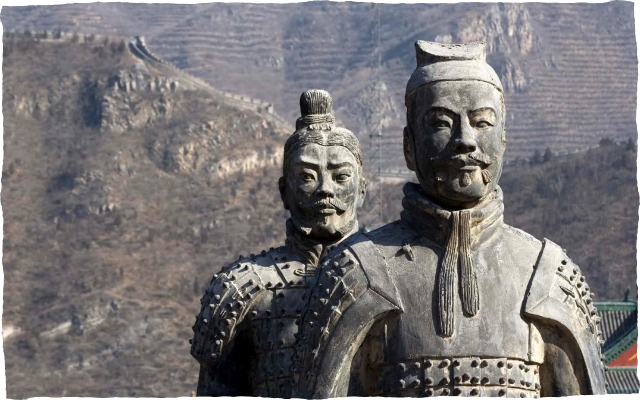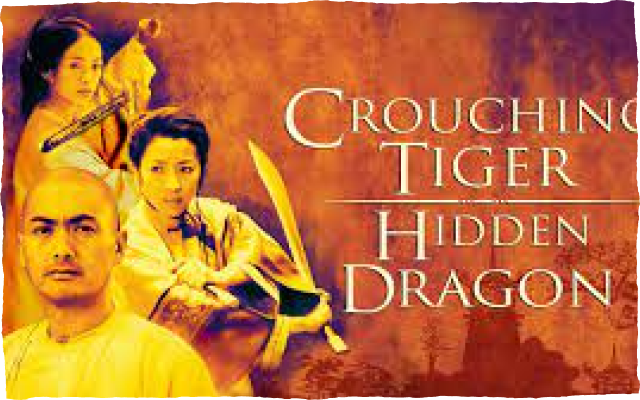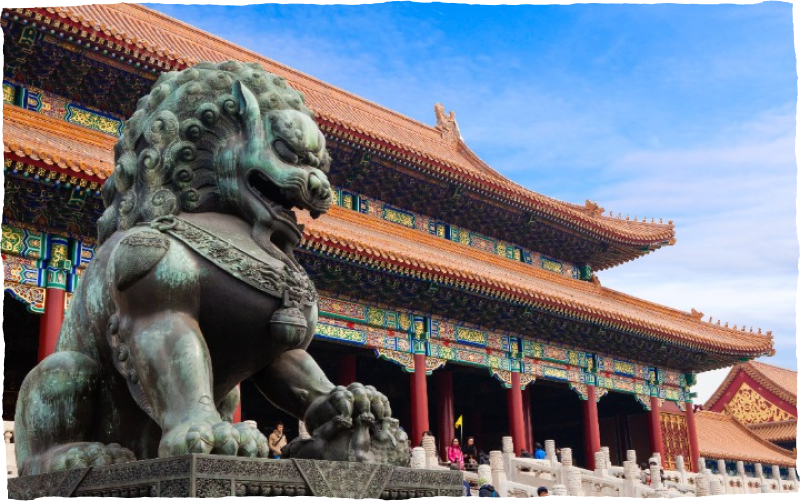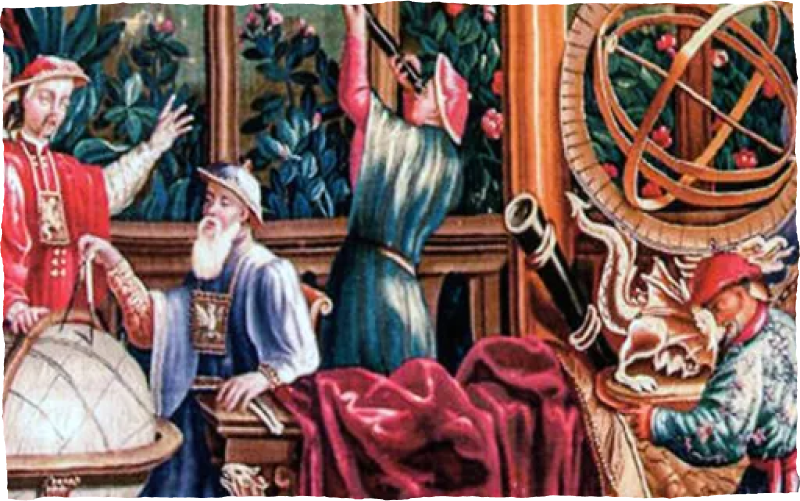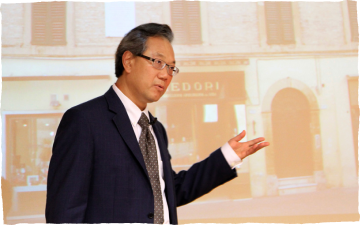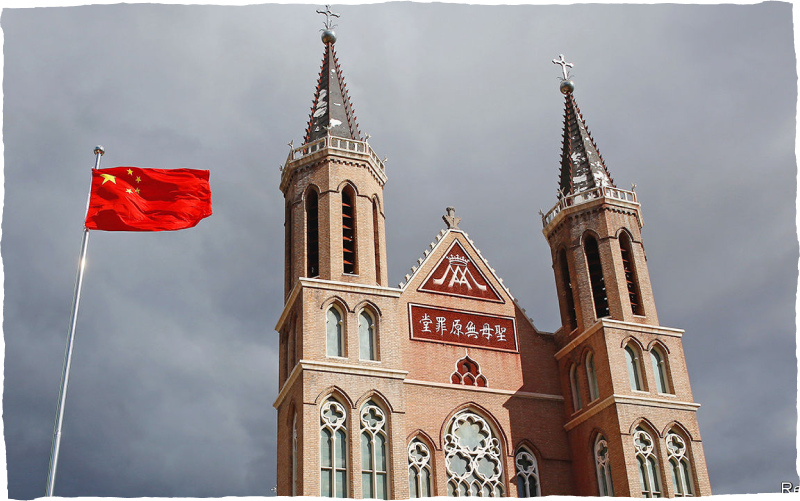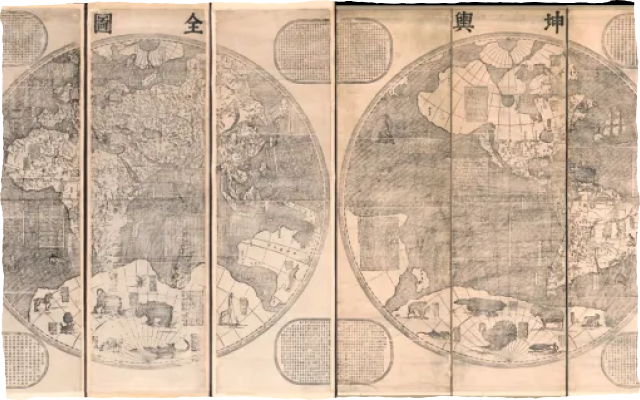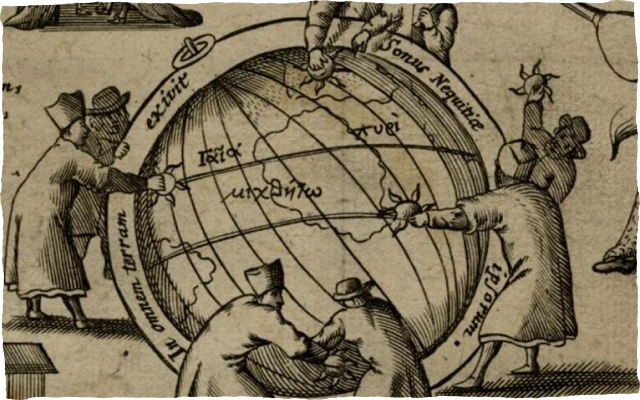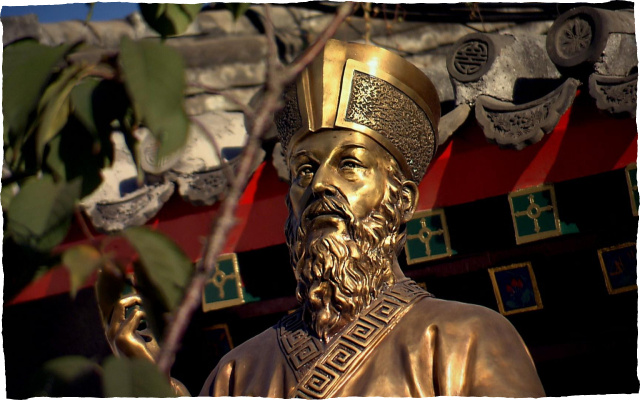Courtesy emphasizes the importance of following the rules and avoiding wrongdoing. Rituals are important in ancient Chinese culture. There are particular customs for multiple events, like the monarch's offering to god, the ordinary folk's tribute to predecessors, marriages, burials, and respectful trades.
Wisdom needs the ability to discriminate between good and evil, position skilled people in appropriate positions, understand themselves, and be creative. They must be wise and clever to suppress bad and encourage goodness.
Honesty is synonymous with dependability, ethics, and reliability. The Chinese place a high priority on honesty as a social trait. Many Confucian merchants the earlier focused on integrity in running businesses and developing brands.
Loyalty emphasizes duty to the country, which is a feeling and a virtue that develops from family links and signifies that in a foreign attack, people should safeguard their country as they would defend their own homes.
LII-HAYBYRNE INSTITUTE
Understanding China : The Land of The Dragon
China has a long and rich history and culture, which has had a profound impact on the development of the country. By studying Chinese culture and civilisation, we can better understand the Chinese people and their way of life.





